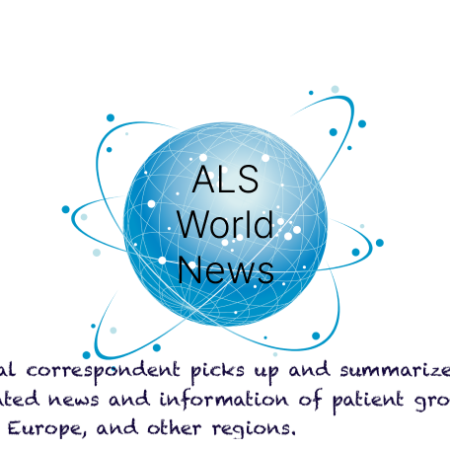Gold nanocrystal CNM-Au8 drug being developed by Clene of Salt Lake City, Utah, USA, has received a positive review from the US FDA for expedited approval as an Orphan Trial Drug for the treatment of ALS.
Crane’s website states that the Phase 2/3 trial has significantly slowed disease progression and extended patient survival days for ALS. The good news is that the multi-site trial so far, which totals 650 patient years, has confirmed the safety of the ALS drug, which is taken by mouth.
The drug, which uses catalytically active gold nanocrystals, is an oral suspension. Au in the drug name is the elemental name of the heavy metal gold, and CNM is an acronym for Clene Nano-Medicine, which means a nano-pharmaceutical made by Clene using gold. As you know, nano-pharmaceuticals are pharmaceuticals with nanometer-sized components, using nanotechnology in formulation technology. Gold nanoparticles have long been reported to promote the production of neurotrophic factors and to assist in the remodeling and repair of nerve myelin sheaths, and Clean’s nanopharmaceutical is currently under development for several neurodegenerative diseases, including ALS, Parkinson’s disease (PD), and multiple sclerosis (MS).
Results of the RESCUE-ALS trial show that patients who took 30 milligrams of CNM-Au8 daily over a prolonged period of time had a significant reduction in disease progression. patients who took 30 milligrams of CNM-Au8 daily over an extended period of time had a 70% reduction in all-cause mortality risk compared to PRO-ACT-prone subjects, and a 51% reduction in all-cause mortality risk compared to MiNDAUS-prone subjects. Clean describes the data from these trials as demonstrating two mechanisms by which the drug supports cranial nerve metabolism and significantly reduces oxidative cellular stress. cnm-Au8 is expected to move forward this year! From Neurology Live
From Neurology Live
In RESCUE-ALS, long-term treatment with 30 mg of CNM-Au8 revealed a 70% decreased risk of all-cause mortality in comparison with PRO-ACT propensity matched controls (HR, 0.311; 95% CI, 0.142-0.682; covariate adjusted, P = .0035). It also had a 51% decreased risk of all-cause mortality compared with MiNDAUS propensity matched controls (HR, 0.487; 95% CI, 0.287-0.824; covariate adjusted, P = .0074).
The link below will take you to the article by Merisa Wexler. The article includes an explanation of the drug approval process, including the difference between expedited and formal approval, and how the FDA became more positive about expedited approval after positive data were submitted by Clene at a meeting between the FDA and Clene last November.
https://alsnewstoday.com/news/fda-outlines-steps-consider-accelerated-approval-cnm-au8/
Reported by Nobuko Schlough, Jan 01, 2025


